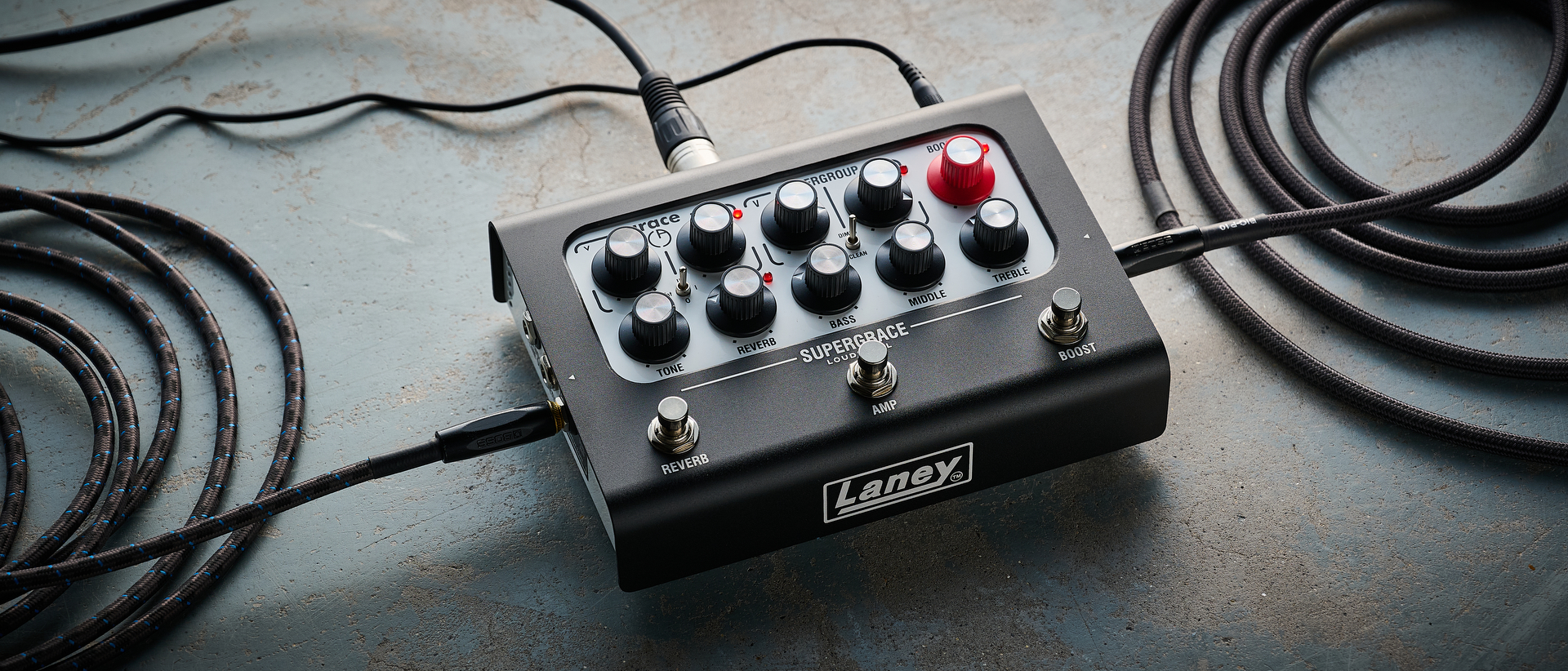Fender Player 1 vs Player 2: should you upgrade?
We put Fender’s most popular model head to head with its successor and find out whether or not the sequel really is superior to the original
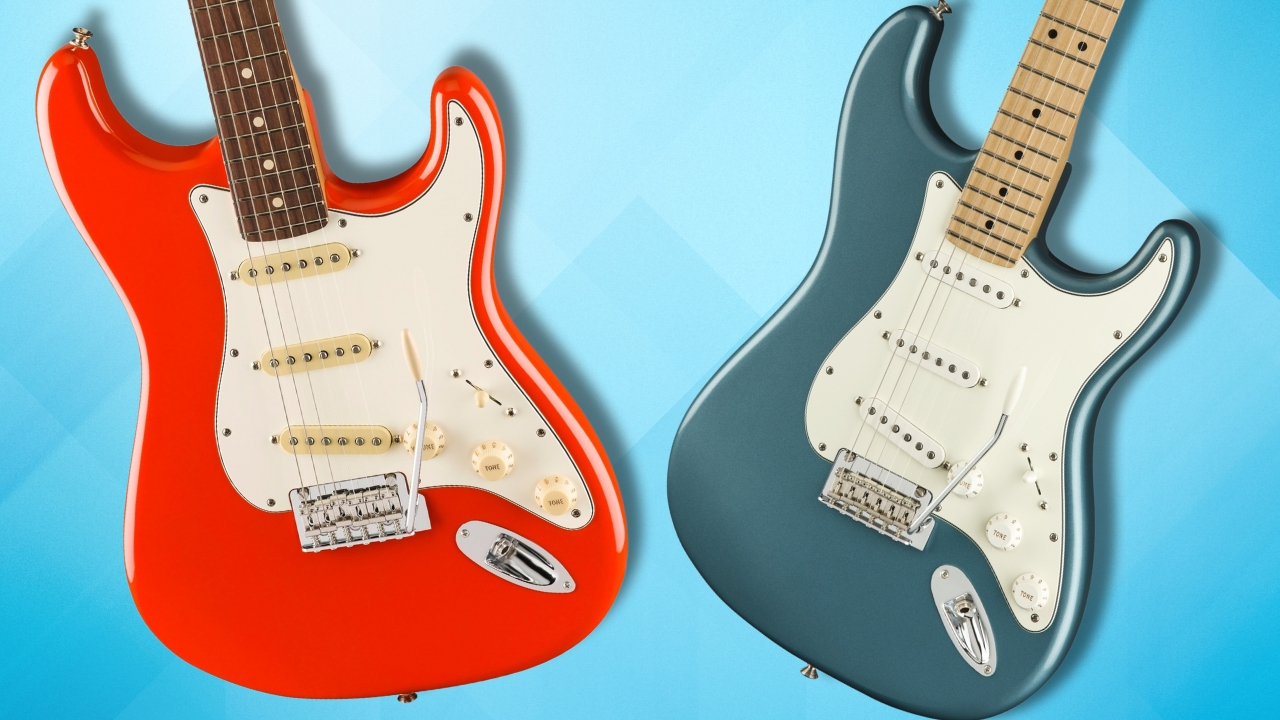
All the latest guitar news, interviews, lessons, reviews, deals and more, direct to your inbox!
You are now subscribed
Your newsletter sign-up was successful
Fender’s Player Series has been ubiquitous with great value guitars that deliver the look and sound of a real Fender without costing the earth. A step above any Squier, the Made in Mexico Player Series proved a massive hit, allowing for that famous logo to adorn the headstocks of any player, young or old. It’s been a standard for beginner and intermediate players since its launch in 2018, and one of Fender’s best-selling lines too.
The Fender Player II Series isn’t actually the next stepping stone from the original Player though. We got the Player Plus Series in 2021, which introduced some of the concepts that would eventually make their way to Player II, but wrapped in a much more modern, and some would say younger, aesthetic with some pretty out-there colorways, plus Noiseless pickups and flat radius fingerboards.
Player II keeps some of the improvements of the Player Plus, but returns to a more vintage style with classic colors and hardware that would appeal more to the sort of player who wants an original Fender guitar minus the huge price of American-made instruments. Is it really worth your hard-earned cash though? We put them head to head to find out…
Fender Player 1 vs Player 2: At a glance
The original Player Series gave us Alnico pickups, ‘F’ stamped neck plates, comfortable modern ‘C’ neck profiles, and of course, the Fender logo on the headstock. You got a Pau Ferro or Maple ‘board, cast/sealed tuners, and parchment-colored parts. It was big news when it launched, and represented a stepping stone from a Squier guitar to a proper Fender.
Player II ups the ante, adding new pickup configurations, ClassicGear tuners, rolled fingerboard edges, and the major headline, the return of slab Rosewood fretboards. Upgraded bridges on select models add a further feather to the Player II cap and looking at it from a pure specs point of view, they’re completely different guitars.
For the purposes of a direct specs comparison below, we've put the Fender Player Strat head-to-head with the Player II Strat so you can see some of the major differences between the two.
Fender Player Strat
- Fender Player Strat review
- Price: $679.99
- Body: Alder
- Neck: Maple
- Neck shape: Modern ‘C’
- Fingerboard: Maple/Pau Ferro
- Fret size: Medium jumbo
- Nut material: Synthetic bone
- Pickups: Player Series Alnico 5 Strat Single Coil
- Bridge: 2-Point Synchronized Tremolo with Bent Steel Saddles
- Tuning machines: Standard Cast/Sealed
- Contact: Fender
Fender Player II Strat
- Fender Player Strat II review
- Price: $799.99
- Body: Alder
- Neck: Maple
- Neck shape: Modern ‘C’
- Fingerboard: Maple/Slab Rosewood
- Fret size: Medium jumbo
- Nut material: Synthetic bone
- Pickups: Player Series Alnico 5 Strat Single Coil
- Bridge: 2-Point Synchronized Tremolo with Bent Steel Saddles
- Tuning machines: Fender ClassicGear
- Contact: Fender
Fender Player 1 vs Player 2: Design & hardware
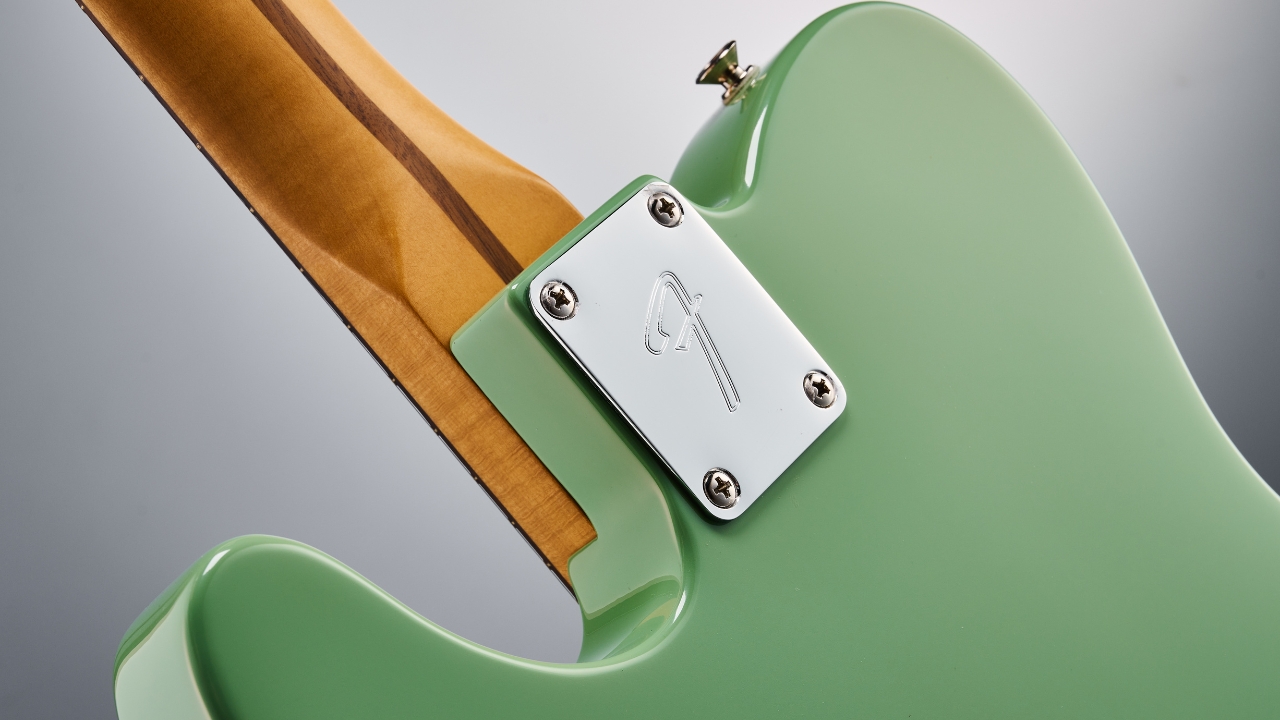
From an aesthetic point of view, both Player and Player II series look alike. If you were to put the same color Player Strat next to a Player II Strat and cover up the headstock, telling the difference would be pretty difficult unless you’re really into Fender scratchplate and pickup cover colors.
All the latest guitar news, interviews, lessons, reviews, deals and more, direct to your inbox!
However looking beyond the pure design, you’ll find the hardware is different. Starting at the top of each guitar, you’ve now got ClassicGear tuning machines. Featured in the American Performer Series guitars, these tuners are a significant upgrade on the original sealed die-cast tuning machines from the Player 1 guitars. They give the Player II a more vintage look and feel, as well as offering superior stability thanks to the hollow design of the tuner where you put the string end in the middle, and then wrap it around.
You string them with multiple bends, first when the string emerges from the hole, then a second one to lock it in place around the tuning peg, which results in excellent stability. It also means no more poking your finger on sharp string ends either! They’re an excellent addition to the Player II Series, and clearly superior to the original’s tuning machines.
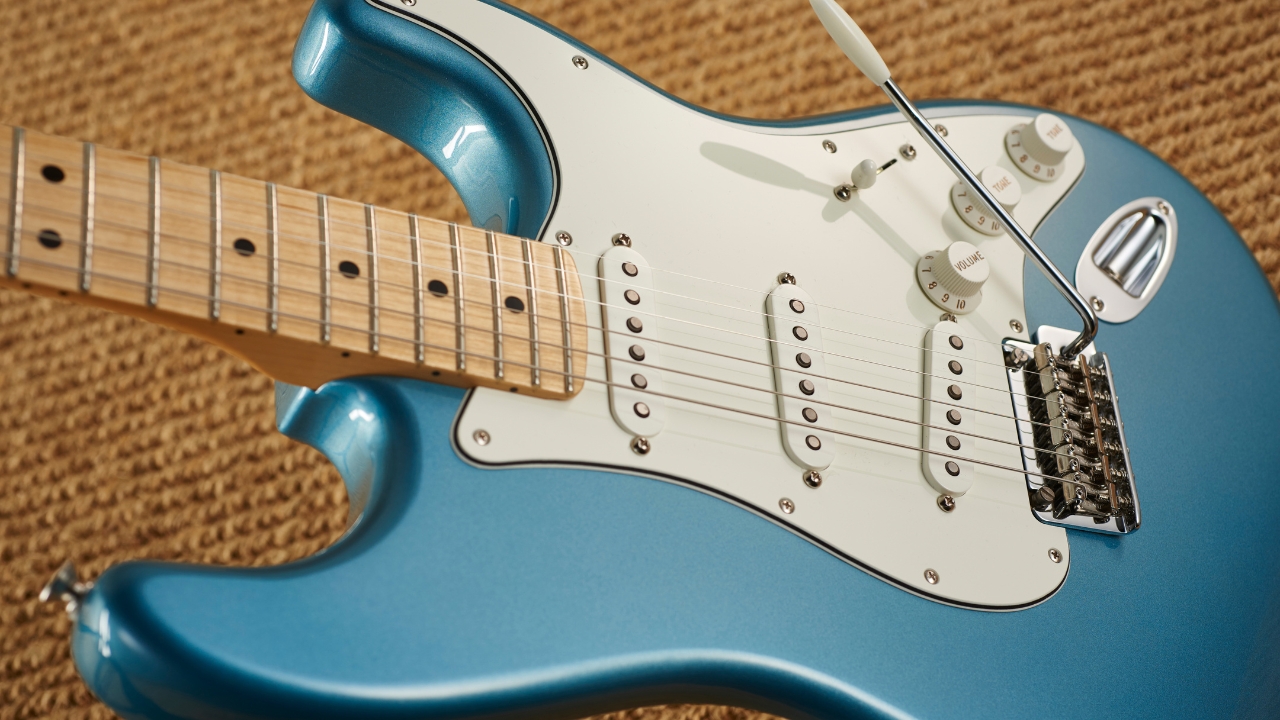
The fretboards have also changed, although we’re not sure many players could accurately tell the difference between a Pau Ferro-equipped Player 1 and the Rosewood ‘board of the Player II in a blindfold test.
The rolled fingerboard edges however are a definite step up for the Player II versus the Player 1 guitars. Elsewhere the medium-jumbo frets remain the same, as does the Modern ‘C’ neck profile, promising relatively similar playability between the two iterations.
The pickups have stayed roughly the same between the two, although some alternate configurations are offered for particular models. Both feature Player Series Alnico single coil pickups or humbuckers. The bridges have been upgraded on certain models too, for example, the Player II Jazzmaster has Mustang saddles versus the vintage style bridge on the Player 1.
Verdict - We’re going to call it for the Player II Series here, while not hugely dissimilar to the original Player series guitars, there’s definitely enough of an upgrade on the specs sheet to put it ahead.
Fender Player 1 vs Player 2: Playability
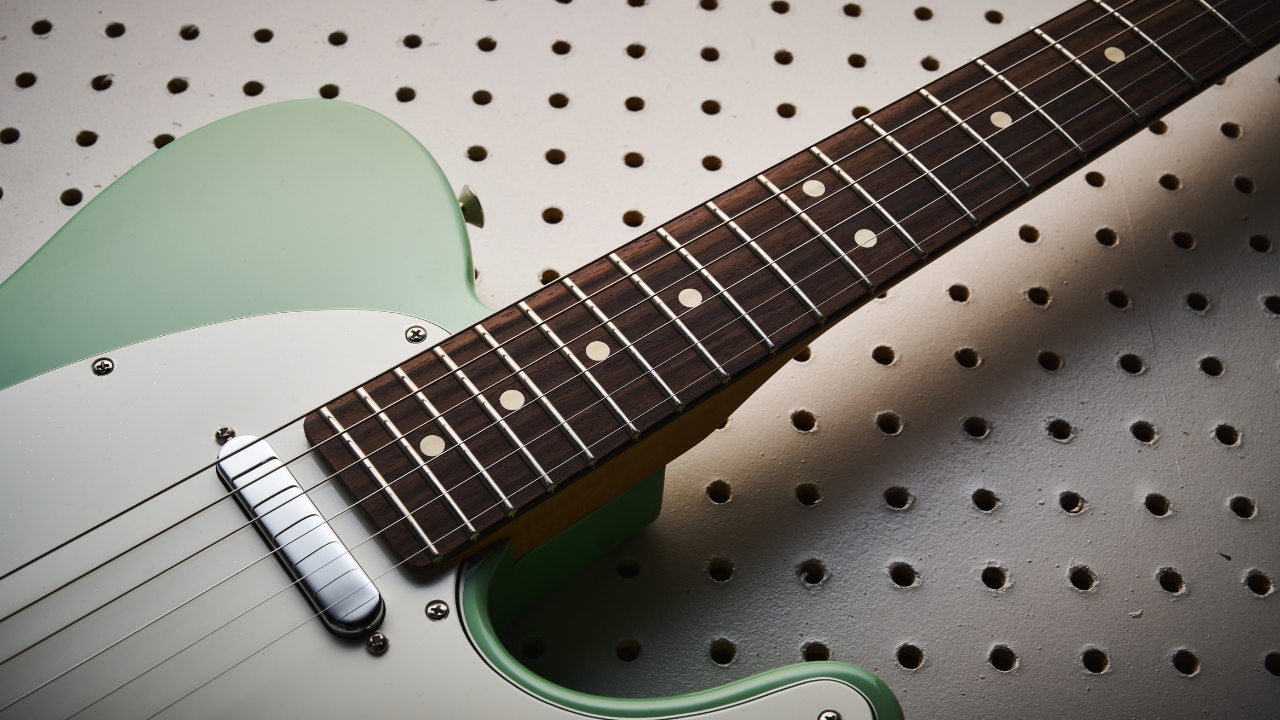
When we did our Player II Series review we couldn’t deny that the new Rosewood fretboards look and feels fantastic. That said we can’t honestly say it's objectively better than a Pau Ferro or Laurel fretboard. When it comes to value for money however, it’s a significant step for the Player II series guitars.
More critical to the playing feel of Player II is the rolled fingerboard edges, which are a definitely step up from Player 1 guitars. This means pretty much zero chance of any sharp fret edges, as the frets are filed away to the point they take the edge off the fingerboard as well. It makes the neck feel more ‘played-in’, which is a fancy way of saying it’s a more comfortable experience.
The profile has stayed the same from the previous iterations, so they’re equally matched here. Fender’s Modern ‘C’ is a hugely popular profile that mixes the slim feel of a fast-playing neck, with enough heft for comfortable fretting of chords. We’re big fans of the Player Series neck profiles, and they’re great for beginners or veteran guitarists alike.
Verdict - This one just about goes to the Player II, thanks to the inclusion of rolled fingerboard edges that make them ultra-comfortable. The Rosewood is great value for money, but ultimately has a minimal effect on playability.
Fender Player 1 vs Player 2: Tone
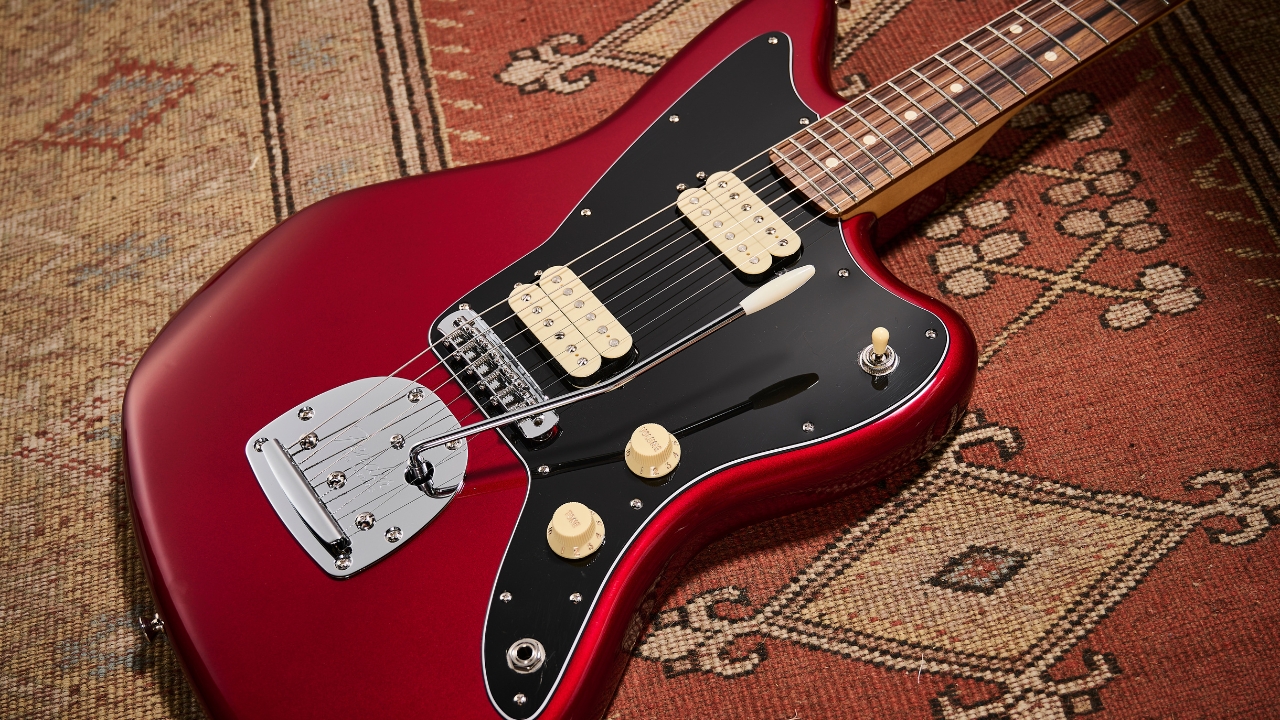
In terms of tone, there’s not all that much separating the two. Unlike the Player Plus Series which features Fender Noiseless single-coils and Fireball humbuckers, Player II keeps the Alnico pickups of the original.
It’s not necessarily a bad thing that things have remained the same. After all, the Player Series pickups evoked all the classic tones of the Strat, Tele, Jazzmaster, and others in order to give players the sound of a proper Fender but for less. In helping to keep costs down, Fender is allowing more players to access these sought-after sounds without having to fork out thousands of dollars for the privilege.
We tested a Player II Strat and Tele recently, and praised the tonal ability of both, with the Strat providing plenty of those quacky qualities from the in-between position, while the Tele delivered with its juxtaposition of bright bridge pickup and dark neck position.
There was nothing but plaudits for the previous iteration of the Player Series too, and in our review, we praised them for the inclusion of Alnico pickups versus the ceramic type you'd usually expect to find at this price point.
Winner - Ultimately both Player 1 and Player II sound fantastic so we’ll call this one a draw. On the one hand, it’s a shame that Player II doesn’t feature upgraded pickups, but ultimately for a series designed to be accessible, it makes sense that Fender wouldn’t change an already winning formula and have to up the price.
Fender Player 1 vs Player 2: Final verdict
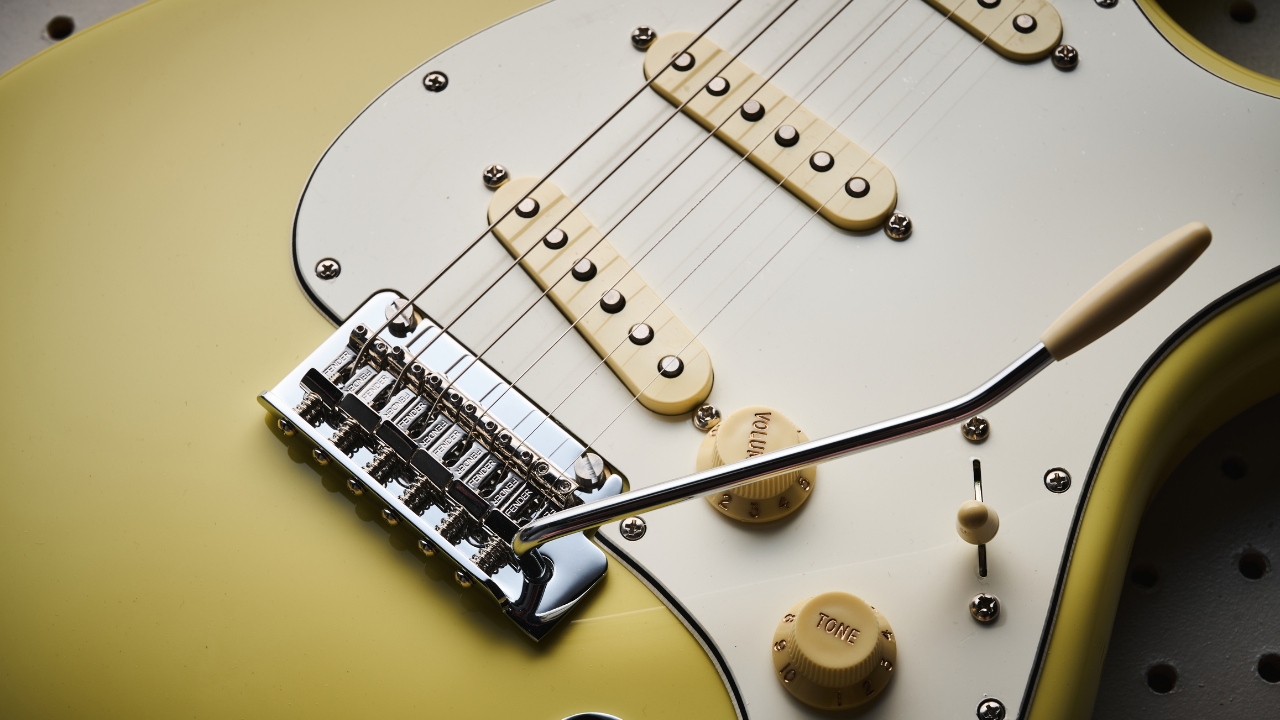
For us, the Player II Series is a great upgrade on Player 1. In terms of playability and usability, this is largely due to the improvement in tuning machines and those rolled fingerboard edges. You also get a lot more for your money with those Rosewood fretboards. Overall Fender has significantly improved its offering with Player II, even if most of the changes are incremental.
If you’re thinking about upgrading and you have the cash, then we’d definitely recommend going for Player II for your guitar purchase. That said, for those with smaller picking up a Player 1 instrument will be even cheaper now, especially if you’re willing to go secondhand. Both are great guitars, but if you can get the newer version, that’s what we’ll be picking.
Fender Player 1 vs Player 2: Recommended models

Matt is a Junior Deals Writer here at Guitar World. He regularly tests and reviews music gear with a focus on guitars, amps, pedals, modelers, and pretty much anything else guitar-related. Matt worked in music retail for 5 years at Dawsons Music and Northwest Guitars and has written for various music sites including MusicRadar, Guitar Player, Guitar.com, Ultimate Guitar, and Thomann’s t.blog. A regularly gigging guitarist with over 20 years of experience playing live and writing and recording in bands, he's performed everything from jazz to djent, gigging all over the country in more dingy venues than you can shake a drop-tuned guitar at. When not writing articles for Guitar World, you'll find him making a racket with northern noise punks Never Better.
